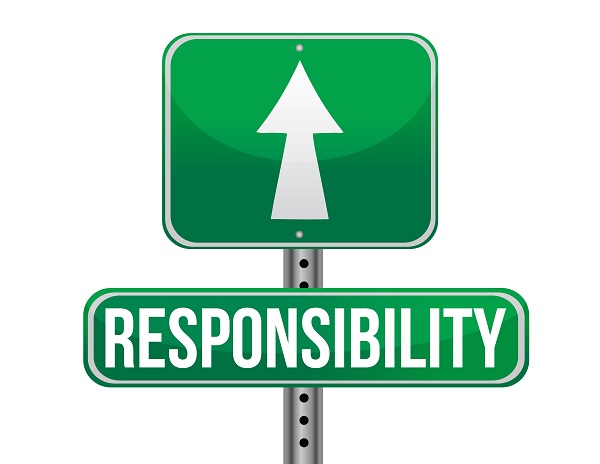
Property owners or occupiers owe a duty of care to individuals who are on their property. If a breach of that duty results in injury or harm to individuals while on the premises, then the owner may incur premises liability. Similar to other personal injury claims, premises liability is based on the theory of negligence or the failure to act with ordinary care. Premises liability encompasses a range of incidents including slip and falls, asbestos exposure, sidewalk and stairway accidents, dog bites and poor security. Property owners can be liable for injuries associated with such conditions regardless of whether the property is used for personal or professional purposes.
Duty of reasonable care. An owner of property must act with a certain level of care as prescribed by the law in managing and caring for his property. A visitor who is injured in an incident on the property must demonstrate that the owner did not act reasonably in some way to maintain the property. If the conduct is not found to be reasonable, then the owner has breached his duty and the court may find him liable for the ensuing injury.
Determining reasonable care. Courts consider a number of factors in determining whether reasonable care was exercised by the defendant in a premises liability action. In California, these include: the location of the property, the possibility that a guest would enter the property, the prospect of injury to the guest, whether the dangerous condition was known or should have been known by the owner, and the effort and expense involved in preventing that injury.
Private property vs. business property. Business owners, individuals who manage public property and private property owners all have a responsibility to maintain their property in good condition for customers and invitees. The relevant question is whether the business or private individual was acting reasonably in ensuring that the premises were safe. However, the standard for homeowners and store owners often differs under the law. For example, if a homeowner has an uninvited guest in his home, then the standard of care will not be as rigorous as a store owner who continually has visitors in his store or has invited someone to conduct business on his property. In the latter scenario, the store owner would be obligated to routinely inspect and monitor the premises and ensure that it is free of dangers for his customers or guests.
Contact Shane Coons at 949-333-0900 or visit his website at www.ShaneCoonsLaw.com to find out more about his practice.
